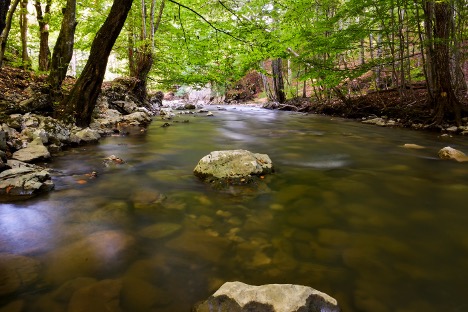
The Discipline of Flow: Redefining Consistency, Growth, and Self-Trust
Introduction
Discipline is commonly defined as consistency through repetition, effort, and endurance. In many cultural and professional environments, discipline is equated with staying, persisting, and pushing forward regardless of internal signals. While this approach has value, it represents only one dimension of discipline.
A more complete understanding recognizes that discipline also includes discernment, responsiveness, and the capacity to release what has reached the end of its usefulness. Without this second dimension, discipline can become rigid and counterproductive, reinforcing stagnation rather than growth.
The discipline of flow refers to the ability to remain committed to one’s values and direction while allowing form, context, and expression to evolve. It is not the absence of structure, but the presence of adaptive intelligence.
When Discipline Becomes Constriction
Many individuals are taught that leaving situations—jobs, relationships, locations, or roles—is a failure of character rather than a response to misalignment. Endurance is praised even when environments are harmful, unproductive, or depleted of meaning.
Over time, this narrow definition of discipline can lead to chronic dissatisfaction, burnout, and loss of vitality. Remaining in situations that no longer fit does not demonstrate strength; it often reflects conditioning around worth, loyalty, or fear of judgment.
True discipline requires discernment. Knowing when to continue and when to release are equally important capacities.

Flow as a Regulated State, Not Impulsivity
Flow is often misunderstood as inconsistency or lack of commitment. In reality, flow is a regulated state in which movement occurs in response to internal and external feedback. It is structured responsiveness, not chaos.
Individuals differ in how they are designed to engage with rhythm and change. Some thrive in stability and repetition, while others require movement, variation, and evolution to remain engaged and effective. Neither orientation is superior. Problems arise when individuals attempt to force themselves into patterns that contradict their nature.
When movement is suppressed, two outcomes commonly occur: stagnation, marked by numbness and disengagement, or pressure accumulation, which can lead to emotional reactivity, physical symptoms, or abrupt disruption.

The Body as a Feedback System
The body reflects the consequences of constrained flow with precision. Unprocessed emotional states often manifest as tension, fatigue, or physical discomfort. When expression and movement are consistently restricted, vitality decreases.
Conversely, when emotional and energetic flow is restored, clarity, creativity, and engagement increase. The body is not signaling weakness; it is providing information. Discipline that ignores bodily feedback eventually undermines sustainability.
Effective discipline includes listening to these signals and responding with appropriate adjustment rather than increased force.
Integrating Structure and Flow
Discipline is most effective when structure and flow operate together. Structure provides containment and direction. Flow provides adaptability and renewal. Together, they support growth that is both stable and expansive.
This integrated approach allows individuals to maintain commitment without self-betrayal and consistency without stagnation. It also supports relationships that evolve rather than deteriorate under the pressure of forced sameness.

Closing Perspective
The discipline of flow is not about abandoning responsibility or commitment. It is about aligning effort with truth, timing, and internal coherence.
When individuals honor both structure and movement, discipline becomes a pathway to sustainability rather than confinement. Growth becomes responsive rather than forced, and consistency becomes a living practice rather than a rigid rule.
ESCANVI Services
www.escanviservices.com
Leadership Begins Within

